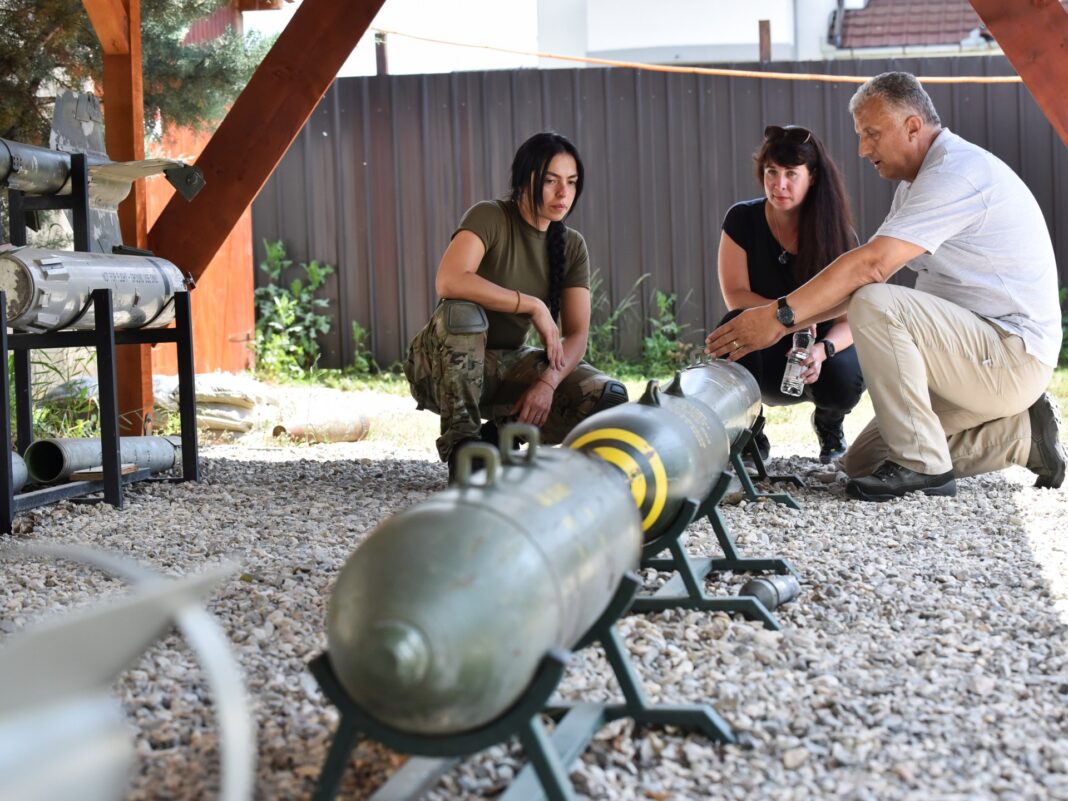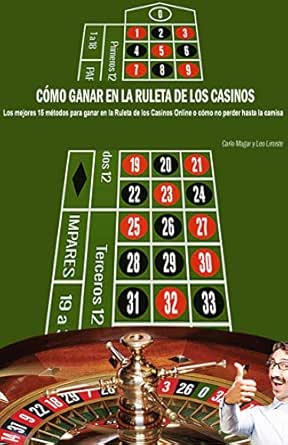Last summer, Kateryna Zarembo gave up an academic career in political science to volunteer as a paramedic on Ukraine’s front lines.
She served in rotations lasting two or four weeks, allowing her time to raise her four children aged three to 12. Weeks after United States President Donald Trump’s inauguration, she decided to enlist.
“I think what Donald Trump is doing right now is not just retreating from Europe. It is actually, possibly harming Ukraine in the battle against Russia. It is actually creating an autocracy in real time,” she said.
It was, for Zarembo, a “reminder of our absolutely, existentially crucial self-reliance”.
“I was thinking, the future of Ukraine is in the hands of Ukraine’s army, and that’s why I have to be part of the professional community, not just a volunteer,” she told Al Jazeera.
Zarembo’s Hospitallers Medical Battalion, which gives the wounded their first pre-hospital treatment a few kilometres from the line of contact, and evacuates them, consists mostly of women and is an example of how they are playing a growing role in Ukraine’s defence.
Women in Ukraine’s 900,000-strong armed forces have climbed from 52,000 at the start of Russia’s full-scale invasion, more than three years ago, to more than 70,000 today.
More than 20,000 are in combat roles, and 5,500 are fighting in the trenches.
“We don’t have compulsory conscription for women. All joined voluntarily for different reasons,” parliamentarian Yevheniia Kravchuk told Al Jazeera. “Some come from military families. I know one who stepped in after her father was killed and others do it for a brother killed, for revenge.”
Zarembo’s family demonstrates how the war is gradually consuming all of Ukrainian society.
Her husband is now a military technology contractor to the government.

Her children understand there is always the danger a Russian drone could slip past electronic jammers to where Zarembo treats wounded soldiers.
“Those who are smaller, the three- and five-year-olds, they just cling to my legs, and don’t want to hear about [my] going,” she said. “And the bigger ones who understand more, they worry and they say that they will miss me, and also kind of protest in their own way.”
The Orobets household’s perspective on the future is similarly transformed.
Lesya Orobets’ husband is fighting on the front lines, leaving her to run the family engineering business.
“His salary we donated to his regiment, to his cause,” she explained to Al Jazeera.
During a leave of absence a few months ago, the parents gathered their two teenage daughters around the kitchen table.
“We were discussing their future professions, and we came up with the suggestion that besides a civilian profession everyone should choose for themselves, they also need to have some military skills, depending on their talents and their interest,” Orobets said.

“It looks like the future decade would probably be the decade of wars. And in order to be able to protect your country and yourself, you have to be useful no matter the gender.”
Both girls have been learning how to shoot from an early age. The eldest is thinking of becoming an aerospace engineer.
A decade ago, she would not have been able to do that.
Official records show that when Russia annexed Crimea and sent troops into eastern Ukraine in 2014, women played only supporting roles.
“In 2014 … women who wanted to take combat positions as snipers and [operating] grenade launchers could not officially hold these positions, so they were put down as cooks and medics but were actually doing the combat role,” said Kravchuk, the parliamentarian. “They called themselves ‘the invisible battalion’. It took years to change that.”
In 2017, women were made eligible for combat roles and all ranks of the military, elevating them above menial tasks that carried the lowest pay, rank and status.
“That was not just opening new opportunities for women, but naming them by … posts they were actually fulfilling,” said Orobets.

Days before Russia’s full-scale invasion began, the parliament, Verkhovna Rada, expanded the list of professions whose female employees had to register with the armed forces for possible conscription. A thousand women enlisted immediately.
Today, women serve as snipers, drone operators, fighter pilots, and artillery operators, in special operations and in air defence. Some 1,500 have received medals. Five have received the highest honour, the Hero of Ukraine medal.
The recognition has led to changing perceptions of women’s roles.
On November 17, Nataliya Grabarchuk became an overnight hero when, on her first day as an anti-aircraft gunner, she destroyed a Russian cruise missile using a Man-Portable Air Defence System (MANPADS).
Orobets founded The Price of Freedom, an NGO that designed Sky Shield, a proposed air defence umbrella for Ukraine enlisting Ukrainian and European air forces.
Women’s growing role in intelligence, national security and defence has also been accompanied by their growing role in governance, said Olena Tregub, the head of Ukraine’s Anticorruption Commission.
She rattled off a list of transparency bodies headed by women – including the Military Ombudsman, the anticorruption task force within the Ministry of Defence, and the Ministry of Strategic Industries responsible for defence production.
“All these women came during war,” Tregub said, and were helping direct resources where they needed to go.
Women also became the visible international advocates for weapons and financial aid at the request of former commander in chief Valerii Zaluzhnyi, because conscription for them was voluntary and they were allowed to leave the country, said Tregub.
Women have also shouldered a growing burden in keeping the economy afloat.
The government pays to re-qualify women in a list of professions like truck drivers, tractor drivers, trolley drivers, and anything connected to construction such as electrical and plumbing work, said Kravchuk.
Last year, women qualified for 61 percent of loans to open small and medium-sized enterprises in Ukraine, and established 59 percent of them.
Women’s advance in all these roles is connected to the perception that all of society is at stake.
“We fight against our children being deported to Russia and being raised as Russians, and we fight against our women being raped and killed. And of course, against everyone being killed,” said Zarembo, referring respectively to Ukrainian allegations of the forcible transfer of children to Russia without familial consent and of Moscow’s forces committing sexual assault and other war crimes.
“It’s not about [re-establishing the] borders of 1991 … If Ukraine stops fighting, it means there is no Ukraine left any more.”


